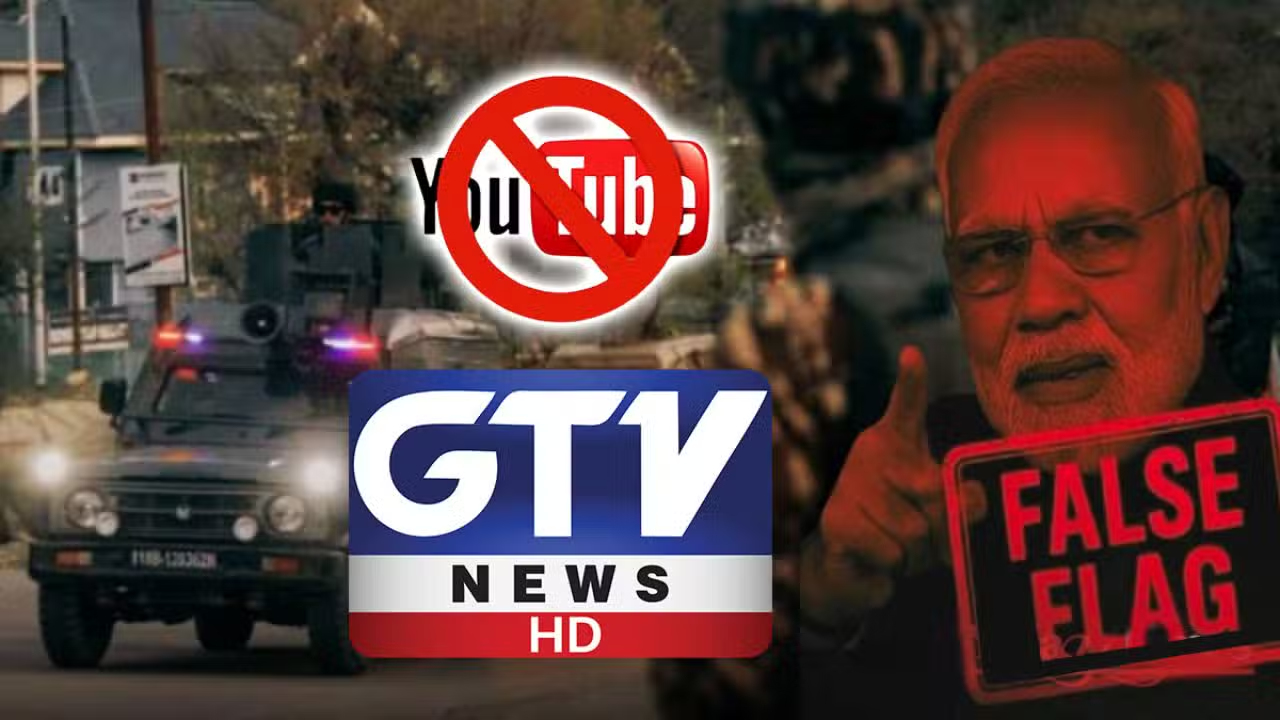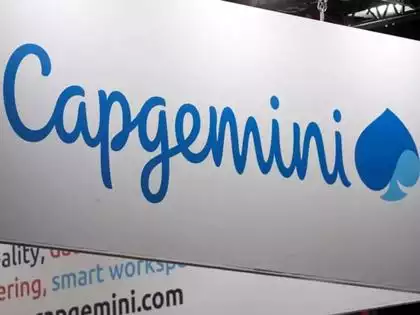In a move sparking fresh debate over press freedom and digital censorship, the Indian government under Prime Minister Narendra Modi has blocked access to the YouTube channel of Pakistan’s GTV News within India. The action came shortly after the channel aired detailed coverage of what it described as the Pahalgam false flag operation,alleging that India’s official narrative concealed critical facts about the controversial incident in Kashmir’s Pahalgam region.
GTV News Challenges Official Narrative
According to GTV News, its investigative reporting uncovered inconsistencies in the Indian government’s account of the operation, raising uncomfortable questions about what really happened. The channel claims it provided evidence that contradicted official statements, presenting alternative perspectives on events that have heightened tensions in the already volatile region of Kashmir.
The coverage quickly went viral, gaining attention on multiple social media platforms and triggering discussions across the subcontinent. But the channel’s bold reporting appears to have drawn the ire of Indian authorities. Sources familiar with the matter said the Modi government viewed the reporting as undermining national security and accused the outlet of promoting anti-India propaganda.
Access Blocked Inside India
Shortly after the reports aired, viewers across India reported being unable to access GTV News’ YouTube channel. Instead, YouTube displayed messages indicating the content was blocked in compliance with local laws and government directives.
In response, GTV News issued a strong condemnation, calling the shutdown an attempt to silence critical journalism and hide uncomfortable truths from the public. The Modi government could not digest the truth about Kashmir being exposed to the world, the channel said in a statement. By shutting down our YouTube channel in India, they are suppressing facts and denying their own people access to independent reporting.
A Blow to Press Freedom?
The channel defended its reporting, stating that its investigative work was based on verified information from credible sources on the ground. It reaffirmed its mission to hold authorities accountable and pledged to continue its coverage despite the ban. We remain committed to bringing the truth to light,GTV News declared.
The shutdown has drawn criticism from press freedom advocates, human rights groups, and media analysts who see it as another example of India’s shrinking space for independent journalism. This isn’t just about one news channel—this reflects a broader trend of silencing voices that challenge the official narrative, especially regarding Kashmir, said a media analyst based in Islamabad.
Part of a Growing Trend of Censorship
This isn’t the first time India has moved to restrict digital content critical of its policies. In recent years, the Indian government has imposed internet shutdowns, content takedown orders, and platform-specific bans to control narratives, particularly in politically sensitive areas like Kashmir. International watchdogs and human rights organizations have repeatedly warned that such measures are eroding democratic norms.
The timing of the ban has also raised eyebrows. GTV News’ coverage of the Pahalgam incident had just started gaining viral attention on platforms like TikTok, X (formerly Twitter), and Facebook. Clips from the coverage were widely circulated, sparking heated debates online. While some Indian users dismissed the reporting as biased, others praised the channel for daring to question official accounts.
GTV News Vows to Continue Reporting
Despite being blocked inside India, GTV News remains accessible internationally. The channel has encouraged viewers to use VPNs and alternative platforms to bypass the restrictions and stay informed. In a video message posted on TikTok, the channel declared: We will not be silenced by censorship or intimidation.
Political reactions within India have also begun to surface, with some opposition leaders criticizing the government’s heavy-handed approach. “Banning a news channel because it reports an uncomfortable truth is not the sign of a confident democracy,” tweeted a prominent opposition politician.
A Worrying Precedent for Media Freedom
For now, GTV News continues its broadcasts beyond India’s digital borders, while press freedom advocates warn of the chilling effect such actions could have on other media outlets. With tensions between India and Pakistan remaining high, the battle over narratives, control of information, and media freedom is far from over.
As the dust settles over this latest controversy, many are left asking: How far will governments go to control the story?



